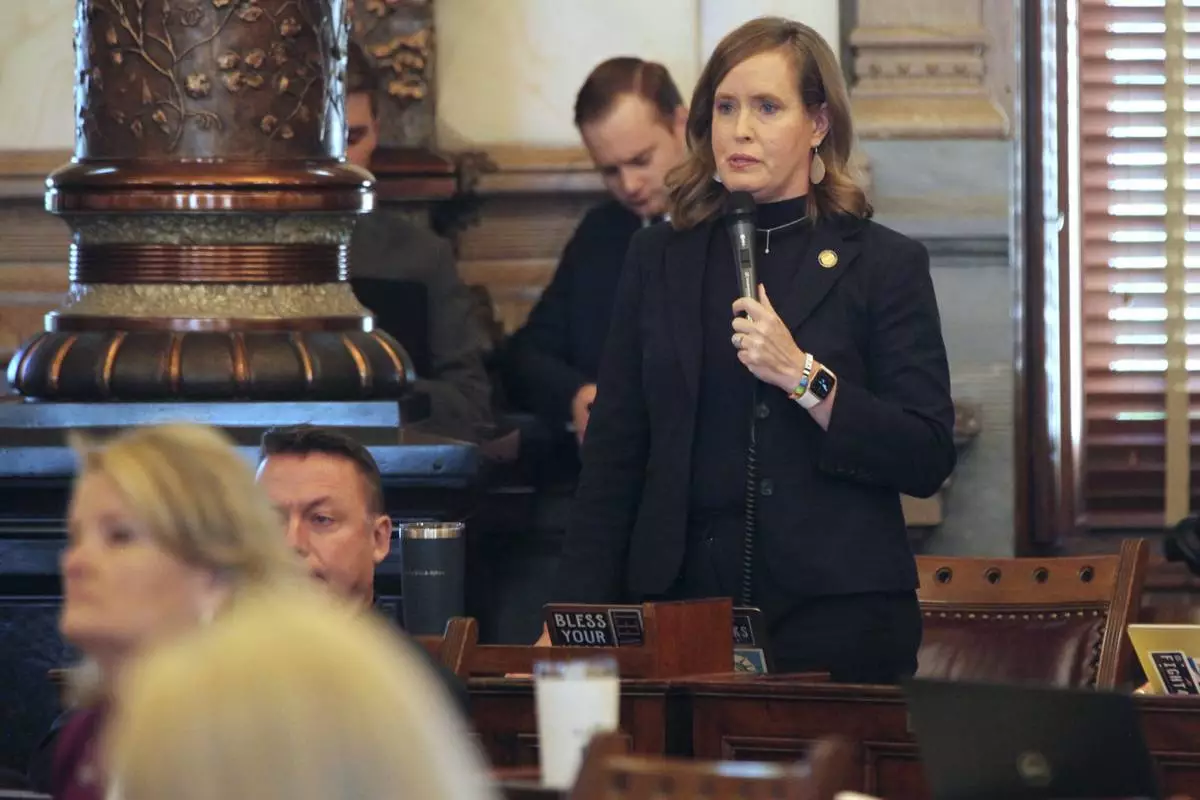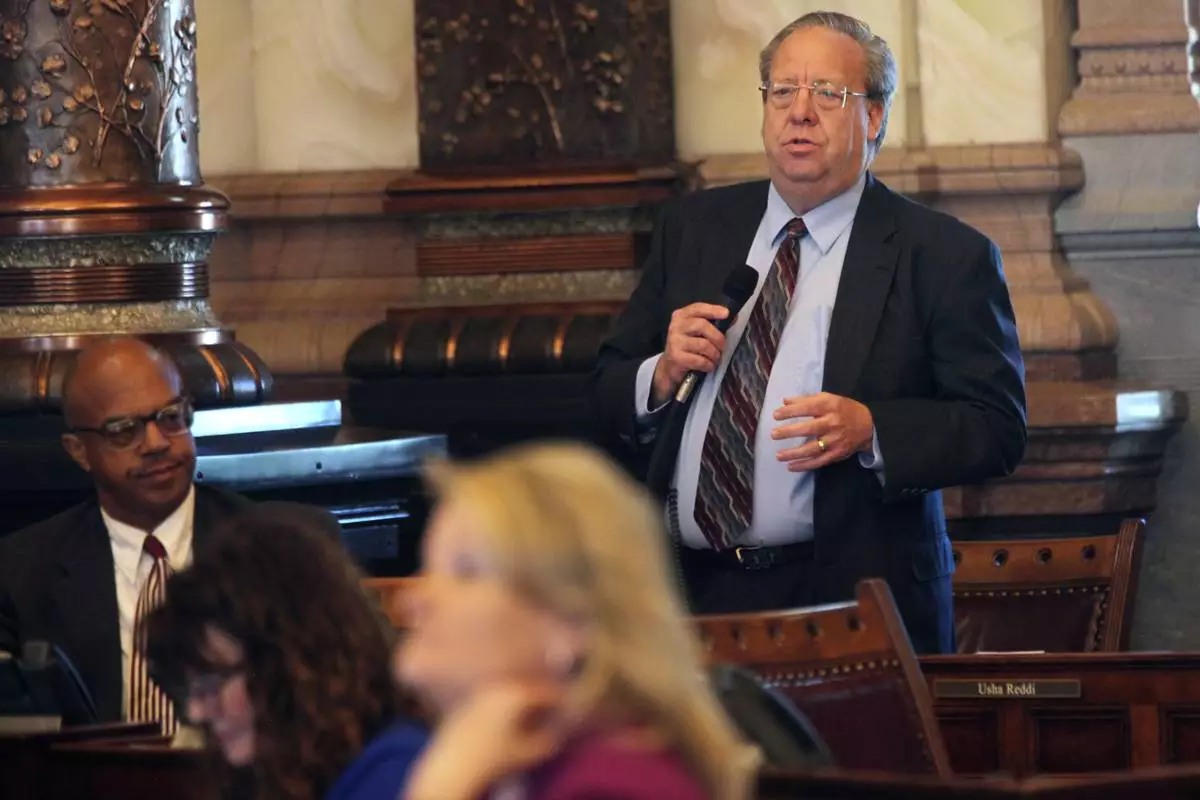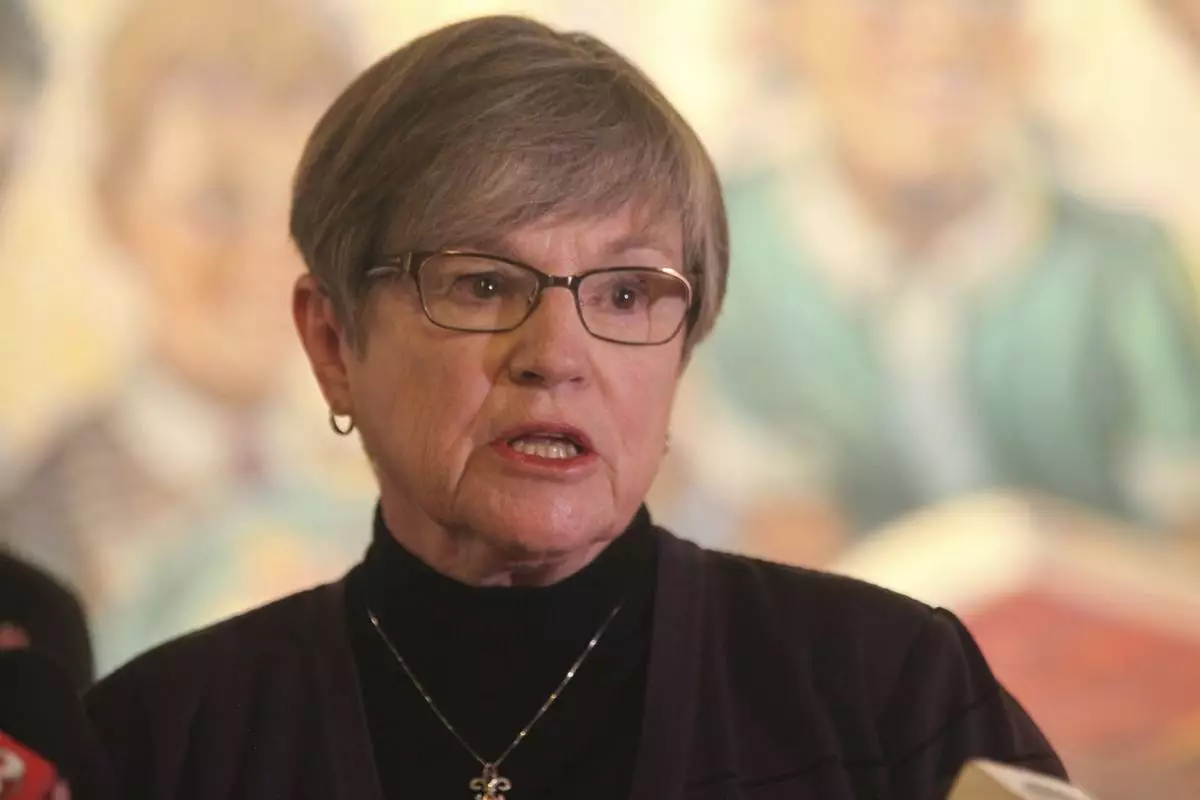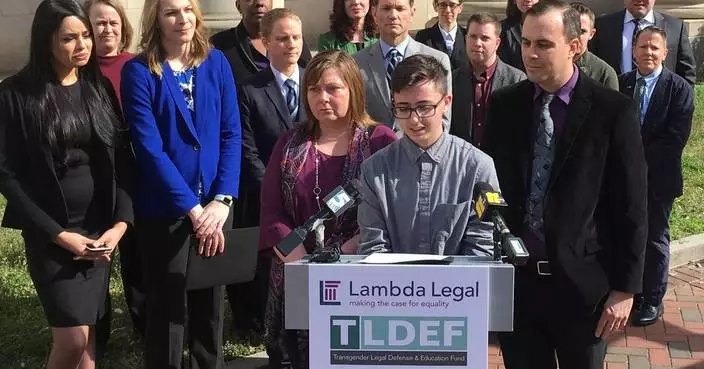FOUNTAIN VALLEY, Calif. & PITTSBURGH--(BUSINESS WIRE)--Apr 16, 2024--
Today, MemorialCare and Abridge announced a partnership to make Abridge’s generative AI tool for clinical documentation available to MemorialCare’s physicians across southern California. MemorialCare expects that Abridge will restore the human-to-human connection between clinicians and patients, and strip away the administrative burden for clinicians.
This press release features multimedia. View the full release here: https://www.businesswire.com/news/home/20240416597918/en/
“Watching Abridge work in real-time sometimes feels like watching a science-fiction movie—it’s magical. It is a privilege for me to be part of the effort to bring Abridge into MemorialCare and the broader healthcare community,” said Dr. David Kim, EVP and CEO, MemorialCare Medical Foundation. “I have a bold prediction for how Abridge will impact us—⅓ of clinicians will go home sooner, ⅓ will use Abridge to sustain the strains of today’s healthcare pressures, and ⅓ will be able to see more critical patients who need timely attention.”
Clinicians at MemorialCare have used Abridge for the last few months, and a very tangible impact is already being felt. Abridge supports over 50 specialties and 14 languages, making it easy for the platform to support MemorialCare’s diverse patient population. Abridge’s Linked Evidence foundation provides a layer of trust for clinicians to verify any part of the summary against the source transcript and audio. Further, Abridge’s platform is deeply connected into MemorialCare’s Epic workflow, reducing any major change management hurdles.
“I have never seen such an immediate impact from a technology solution. Abridge is saving our providers up to 10 minutes per visit. For the first time in years, one of our clinicians finally had time to both eat and read a journal during lunch,” said Dr. Tanya Dansky, Senior Medical Director, MemorialCare Medical Group. “But what makes Abridge truly special is its ability to allow patients to interact with clinicians in ways they are most comfortable. One clinician conducted a visit in both Vietnamese and English wearing an N95 mask, and a complete note was produced in real-time in English.”
“With Abridge, a physical barrier has been broken between the clinician and patient without the need for a computer, and mental bandwidth has been created for a clinician to be fully present,” said Barry Arbuckle, PhD, President and CEO, MemorialCare. “This partnership will make significant improvements in how our clinicians practice medicine, bringing them back to the roots of why they chose medicine in the first place.”
“We are privileged to partner with MemorialCare and innovate together around value-based workflows,” said Dr. Shiv Rao, CEO and Founder, Abridge. “AI can remove friction and clerical overhead, helping clinicians reclaim the mental space to think through care plans for their patients.”
This news follows successful deployments of the Abridge technology at Sutter Health, Yale New Haven Health System, UCI Health, Emory Healthcare, The University of Kansas Health System, UPMC, and dozens of other health systems. Abridge recently announced a $150M Series C financing, which includes a strategic investment from NVIDIA that will allow them to accelerate their bold research and development plan. This work will power improvements to Abridge’s existing product lines and enable a new wave of possibilities in the future.
About Abridge
Abridge was founded in 2018 with the mission of powering deeper understanding in healthcare. The AI-powered platform was purpose-built for medical conversations, improving clinical documentation efficiencies while enabling clinicians to focus on what matters most—their patients.
Abridge’s enterprise-grade technology transforms patient-clinician conversations into structured clinical notes in real-time with deep EMR integrations. Powered by Linked Evidence and their auditable AI, Abridge is the only company that maps AI-generated summaries to ground truth, helping providers quickly trust and verify the output. As pioneers in generative AI for healthcare, Abridge is setting the industry standards for the responsible deployment of AI across health systems.
About MemorialCare
MemorialCare, nonprofit Southern California integrated delivery system and innovator in value-based care, has over 225 care locations; 15,000 employees and affiliated physicians; top hospitals— Long Beach Medical Center, Miller Children's & Women's Hospital Long Beach, Orange Coast Medical Center and Saddleback Medical Center; award-winning MemorialCare Medical Group and Greater Newport Physicians; MemorialCare Select Health Plan; and outpatient surgery, imaging, urgent care, dialysis, breast health and physical therapy centers. MemorialCare's many honors have included Best U.S. Health Systems, Top Places to Work, Top Hospital rankings from readers of eight regional newspapers, 10 Largest U.S. Children's Hospitals, Top 100 Hospitals, A Hospital Safety Score, Top 50 Cardiovascular Hospitals, Magnet nursing excellence status for all MemorialCare hospitals, among others. Visit www.memorialcare.org.


(Photo: Business Wire)
TOPEKA, Kan. (AP) — Republican legislators moved Monday to enact a ban in Kansas on gender-affirming care for minors and bar state employees from advocating social transitioning for transgender youth, brushing aside criticism that they were hurting the state's image.
The GOP-supermajority Kansas House expected to vote on overriding Democratic Gov. Laura Kelly's veto only hours after the Senate did on a 27-13 vote, exactly the required two-thirds margin. The vote in the House was expected to be close after LGBTQ+ rights advocates raised questions about whether the provision against promoting social transitioning is written broadly enough to apply to public school teachers who show empathy for transgender students.
Under the bill, social transitioning includes “the changing of an individual’s preferred pronouns or manner of dress,” and the rule would apply to state workers who care for children. The measure doesn’t spell out what constitutes promoting it.
The bill is part of a broader push to roll back transgender rights from Republican lawmakers in statehouses across the U.S. Kansas would be the 25th state to restrict or ban such care for minors, and this week the South Carolina Senate expected to debate a similar measure that already has passed the state House.
“Unfortunately, in today’s society, the predator in particular is a woke health care system,” said Republican state Sen. Mark Steffen, a central Kansas anesthesiologist and pain management specialist.
Like other Republicans across the U.S., Steffen and other GOP lawmakers in Kansas argued that they're protecting children struggling with their gender identities from being pushed into health care that the lawmakers see as experimental and potentially harmful. But that puts them at odds with the American Medical Association, the American Academy of Pediatrics and other major U.S. medical groups.
LGBTQ+ rights groups such as Lambda Legal, the American Civil Liberties Union and Equality Kansas have stopped short of saying they would challenge the new law in court, but they've said they believe the provisions preventing state employees from advocating social transitioning violates their free speech rights. They've said that provision makes the Kansas law more sweeping than laws in other states.
Other critics argued that enacting such a ban sends a message that transgender residents aren't welcome. When Kelly vetoed a similar ban last year, she suggested that it would hurt the state's business climate.
“This is not the message we want to send to Americans about the welcoming opportunities that Kansas has,” said state Sen. Tom Holland, a northeastern Kansas Democrat.
About 300,000 youths ages 13 to 17 identify as transgender in the U.S., according to estimates by the Williams Institute, an LGBTQ+ research center at UCLA Law. It estimates that in Kansas, about 2,100 youths in that age group identify as transgender.
Republican lawmakers last year enacted laws barring transgender girls and women from female college and K-12 sports teams and ending legal recognition of transgender residents' gender identities. Transgender residents no longer can change the listing for “sex” on their driver's licenses or birth certificates to match their gender identities, something Kelly's administration had allowed.
“I do feel like there’s a genuine fear about me and what my body means, when I’m very happy,” Issac Johnson, who is transgender and just finished a social work internship in Topeka’s public schools, said during a recent Statehouse news conference.
Transgender youth, parents of transgender children and dozens of medical and mental health providers all described gender-affirming care as life-saving and argued that it lessens severe depression and suicidal tendencies among transgender youth. At least 200 health care providers signed a letter to lawmakers opposing a veto override.
During the Senate's debate Monday, Democratic Minority Leader Dinah Sykes' voice wavered as she spoke against the bill and told transgender residents, “We accept you and we cherish you.”
“I urge my colleagues to show grace and kindness,” she said.
But supporters of the bill repeatedly cited the recent decision of the National Health Service of England to stop covering puberty blockers as a routine treatment for gender dysphoria in minors.
NHS England issued a nearly 400-page report from its review, concluding that there is not enough evidence about the long-term effects of gender-affirming care or how well it works. In a foreword, the review’s leader added, “This is an area of remarkably weak evidence.”
Kansas Senate Health Committee Chair Beverly Gossage, a Kansas City-area Republican, told her colleagues: “We’re on the right side of history on this.”
Supporters of the bill also said many of their constituents simply have strong misgivings about medical treatments for children struggling with their gender identities.
The proposed ban would require Kansas to revoke the medical license of any doctor who violates it. It would bar gender-affirming care from being provided on state property or by recipients of state tax dollars.
Kansas' Medicaid program, providing health coverage for poor and disabled residents, also couldn't cover gender-affirming care. On Monday, in a case likely headed to the U.S. Supreme Court, a federal appeals court ruled that West Virginia and North Carolina’s refusal to cover certain health care for transgender people with government-sponsored insurance is discriminatory.
“The language put in the bill is, in my opinion, is to try to prevent state entities, state employees, from promoting the use of different pronouns and, if you will, the search for gender change,” Republican state Rep. John Eplee, a northeastern Kansas family physician.

Kansas Senate Minority Leader Dinah Sykes, D-Lenexa, speaks against overriding Democratic Gov. Laura Kelly's veto of a proposed ban on gender-affirming care for minors. Sykes argues that the ban would deny transgender children crucial care that helps lessen severe depression and suicidal tendencies. (AP Photo/John Hanna)

Kansas state Sen. Tom Holland, D-Baldwin City, speaks against overriding Democratic Gov. Laura Kelly's veto of a proposed ban on gender-affirming care for minors, Monday, April 29, 2024, at the Statehouse in Topeka, Kan. Holland suggested that the ban would send a message that Kansas is not welcoming. (AP Photo/John Hanna)

Lobbyists Brittany Jones, left, of the conservative group Kansas Family Voice, and Lucrecia Nold, right, of the Kansas Catholic Conference, watch from the Senate's west gallery as members debate overriding a proposed ban on gender-affirming care for minors, Monday, April 29, 2024, at the Statehouse in Topeka, Kan. Both of their organizations support a ban. (AP Photo/John Hanna)

Isaac Johnson, who just completed an internship with Topeka's public schools and is finishing work on a social work degree, talks to reporters during a news conference, Thursday, April 26, 2024, in front of a mural at the Statehouse in Topeka, Kan. Johnson, who is transgender, worries about the effects of a proposed ban on gender-affirming care for minors, which also would bar state employees from promoting social transitioning for youth. (AP Photo/John Hanna)

Kansas Gov. Laura Kelly speaks at a public event, Monday, April 29, 2024, at the Statehouse in Topeka, Kan. Kelly has vetoed a proposed ban on gender-affirming care for minors that also would bar state employees from advocating social transitioning for transgender children. (AP Photo/John Hanna)

Kansas state Sen. Mark Steffen, R-Hutchison, speaks in favor of overriding Democratic Gov. Laura Kelly's veto of a bill banning gender-affirming care for minors, Monday, April 29, 2024, at the Statehouse in Topeka, Kan. Steffen says the state must protect "confused" children from a "confused health care system and confused parents." (AP Photo/John Hanna)

















